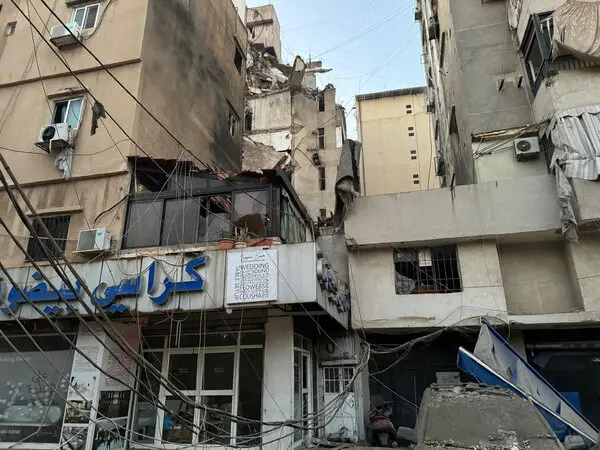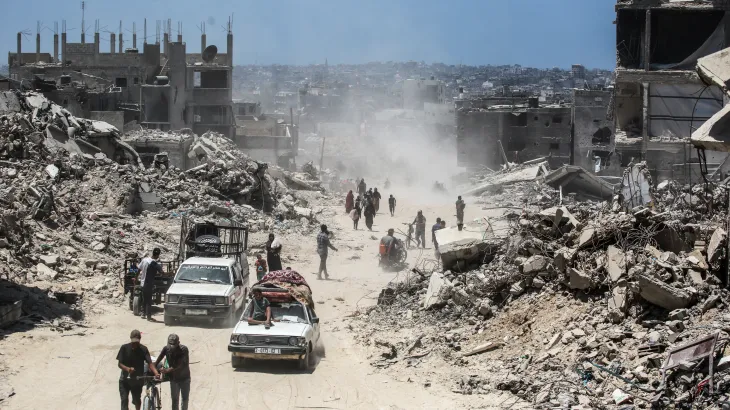The Israeli military has struck a suburb of Beirut, Lebanon’s capital, targeting a Hezbollah official allegedly responsible for a recent rocket attack that killed 12 youths in the Israel-controlled Golan Heights. This strike, confirmed by Israeli authorities on Tuesday, marks a significant escalation in the ongoing conflict, despite Hezbollah’s denial of involvement in the initial attack.

Israeli Prime Minister Benjamin Netanyahu had previously vowed heavy retaliation against Hezbollah for Saturday’s rocket strike. The targeting of Beirut represents a dangerous expansion of the conflict beyond the immediate Israel-Gaza theater, raising concerns about a potential wider regional conflagration.
Meanwhile, internal tensions in Israel have heightened as soldiers are set to appear before a military court over allegations of sexual abuse of a Palestinian prisoner. These accusations, concerning incidents at the Sde Teiman facility where thousands of Gaza detainees have been held, have sparked protests from hard-line nationalists within Netanyahu’s government. An Associated Press investigation has previously exposed poor conditions at this detention center, although Israeli authorities have generally denied abuse allegations.
The situation in Gaza remains dire, with the territory’s Health Ministry reporting over 39,300 deaths since the conflict began following Hamas’ October 7 attack on Israel. Recent Israeli withdrawals from parts of Khan Younis have revealed further destruction and casualties. The humanitarian crisis continues to worsen, with diseases spreading in overcrowded tent camps housing hundreds of thousands of displaced Palestinians amid a collapsed sanitation system.

In a related development, senior U.S. officials, led by Brett McGurk, the White House coordinator for the Middle East and North Africa, have arrived in Saudi Arabia for talks. This diplomatic mission, which includes representatives from the State Department and Pentagon, comes at a time of heightened U.S. concern over escalating tensions on the Israel-Lebanon border.
The multifaceted nature of these developments underscores the complexity of the ongoing conflict. From military strikes and humanitarian crises to allegations of human rights abuses and diplomatic efforts, the situation continues to evolve rapidly, presenting significant challenges for all parties involved and the international community.
As the conflict enters this new phase, the international community watches closely, with concerns about further escalation and the potential for a broader regional conflict looming large. The coming days will be crucial in determining whether diplomatic efforts can help de-escalate tensions or if the region will see further military action and humanitarian crises.
apnews.com



